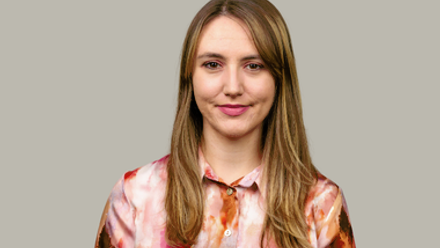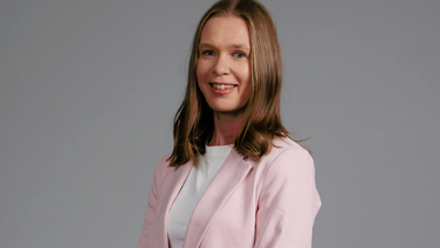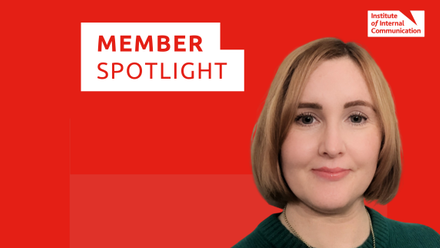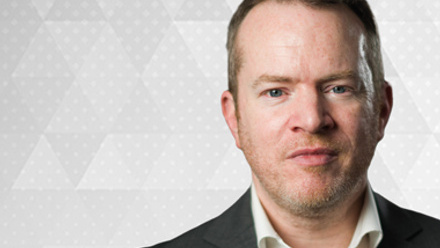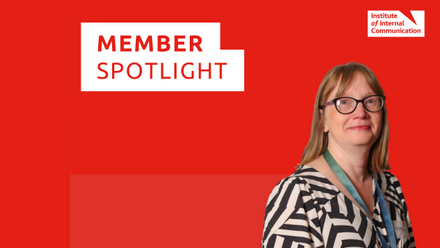When the Master's programme was announced I was really excited as I was at a point in my career where I needed to push myself mentally. I also wanted to move away from consulting on communications to working in-house.
And then I gave birth.
I had been accepted on the Masters, but had a very long conversation with the tutors about what it meant to be on Maternity leave whilst studying (this was had whilst nursing my three-month old). As a new mum I had all sorts of emotions going on: would I be able to mentally stimulate myself whilst looking after a new-born? Could I give sufficient care and attention to my family whilst balancing the pressures of the Masters? What would it be like when I went back to work? Would my colleagues give me the support to manage my new life-style and my academic ambitions?
I was really nervous on day 1 as I entered academia for the first time in nearly 20 years. On the first day we were given a talk by a former student who gave us a piece of advice that struck me – it's all about being organised. As a mum to young children herself I took her advice to heart. At each workshop I would download the reading in the breaks, buy books on the way home, and carve out time during those precious naps to engage my brain around some rather fascinating subjects. The psychology of how people respond to messages was where I found a real appetite. I remember reading about sense-making and looking at my little one, reflecting on how their cognitive function was developing in a way that would impact how they received messages in the future.
Our cohort was an amazing mix of experienced communicators from all walks. Their impressive background helped me learn more about the intricacies in the execution of communications. We encouraged, challenged, and supported each other as we navigated theoretical minefields and assignments. But the learning wasn't just theoretical, it was pragmatic too. When I went back to work, mid-way through the Masters, I was able to quickly apply my theory to demonstrate credibility back into the workplace. I was even able to shift into an in-house role as a result of finishing my Masters.
I won't lie. A Masters is exhausting. Ultimately the Masters is a test of everything one has going on in life; but with a strong supportive cohort, a very understanding family, and a benevolent employer I got through it. I was able to gain a significant amount of readily applicable knowledge that had an immediate impact on my career. I encourage anyone who wants to challenge themselves in an area that will directly impact their career to apply.

